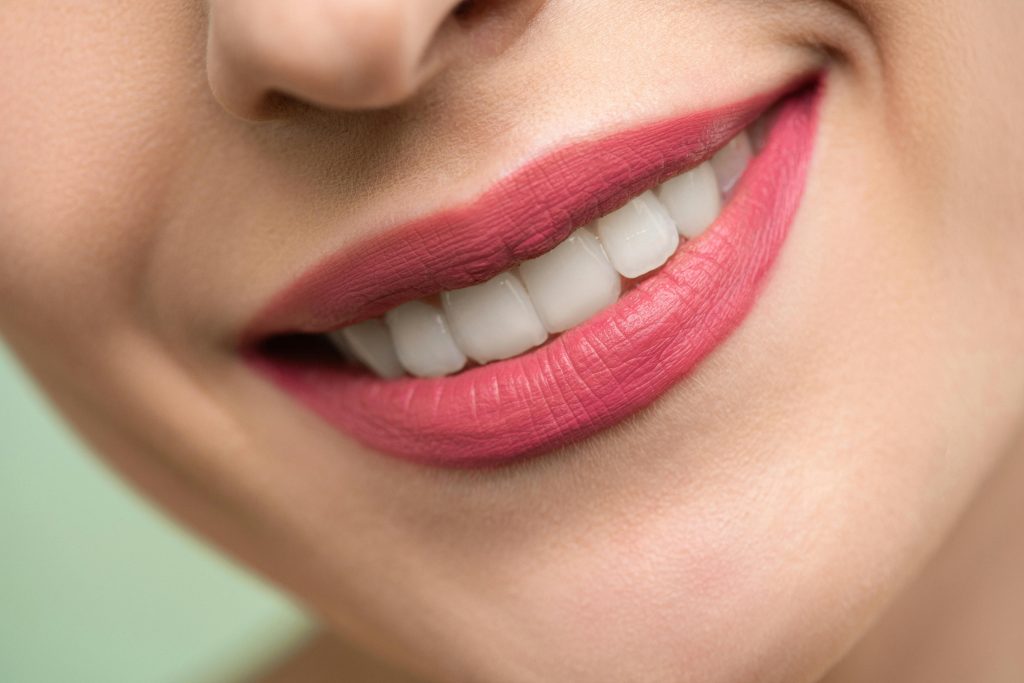A Sweet Way to Improve Oral Health
Sugar—it’s the sneaky culprit behind so many health problems, yet it finds its way into much of what we eat and drink. While its impact on weight gain, diabetes, and heart health often takes center stage, one critical area is often overlooked: the health of your teeth. Your oral health is directly tied to your sugar consumption, and limiting sugar in your diet is one of the most effective ways to protect your pearly whites.
This blog dives deep into why sugar is harmful to your teeth, the science behind its damaging effects, and practical tips to reduce your sugar intake. By the end, you’ll understand why your teeth will thank you for making this change—and how your overall health will benefit too.

Why Sugar Is Bad for Your Teeth
1. Sugar Feeds Harmful Bacteria
Your mouth is home to millions of bacteria, both good and bad. When you consume sugary foods or drinks, harmful bacteria thrive, feeding on the sugar and producing acids as a byproduct. These acids are the main culprits behind tooth decay, as they erode the enamel—the protective outer layer of your teeth.
2. Leads to Cavities
When enamel breaks down, it creates small holes in your teeth, known as cavities. Cavities aren’t just painful; they can lead to more severe dental issues like infections, tooth loss, and gum disease if left untreated.
3. Weakens Enamel Over Time
The more sugar you consume, the more your enamel is exposed to acid attacks. Over time, this can weaken your teeth, making them more susceptible to chips, cracks, and sensitivity.
4. Encourages Plaque Buildup
Plaque is a sticky film of bacteria that forms on your teeth after eating or drinking. Sugar accelerates plaque formation, which, if not removed through regular brushing and flossing, can harden into tartar—a major contributor to gum disease.

The Domino Effect of Poor Oral Health
Your teeth and gums don’t exist in isolation; they’re closely connected to your overall health. Poor oral health has been linked to several systemic issues, including:
- Heart Disease: Inflammation caused by gum disease can contribute to heart problems.
- Diabetes: People with gum disease are more likely to experience difficulty managing blood sugar levels.
- Pregnancy Complications: Gum disease has been associated with premature births and low birth weight.
- Respiratory Issues: Oral bacteria can be inhaled, leading to infections in the lungs.
By reducing sugar intake, you’re not just protecting your teeth—you’re safeguarding your whole body.

The Role of Hidden Sugars
One of the biggest challenges in limiting sugar is identifying where it hides. Sugar isn’t just in obvious treats like candy, cookies, and soda. It’s also lurking in:
- Processed Foods: Bread, sauces, and salad dressings often contain added sugars.
- Beverages: Even seemingly healthy options like fruit juices and flavored water can be loaded with sugar.
- Snacks: Granola bars, flavored yogurts, and even trail mixes often have more sugar than you’d expect.
The key is to read labels carefully. Look out for ingredients like sucrose, fructose, corn syrup, and maltose—all different forms of sugar.

Benefits of Limiting Sugar for Your Teeth
1. Stronger Enamel
Reducing sugar intake means fewer acid attacks on your enamel, keeping it strong and resilient.
2. Fewer Cavities
Less sugar equals less fuel for harmful bacteria, resulting in fewer cavities and dental procedures.
3. Healthier Gums
A low-sugar diet can help prevent gum disease, reducing inflammation and the risk of more severe complications.
4. Fresher Breath
Sugary foods contribute to bad breath by feeding bacteria that produce foul-smelling compounds.
5. Whiter Teeth
By cutting back on sugary drinks like soda and juice, you can prevent stains and keep your teeth looking brighter.

Practical Tips to Limit Sugar Intake
1. Rethink Your Drinks
Sugary beverages are one of the biggest contributors to sugar consumption. Switch to water, unsweetened tea, or coffee without added sugar. If you crave sweetness, try adding a slice of lemon or a splash of natural fruit juice.
2. Choose Whole Foods
Opt for whole fruits instead of fruit juices or dried fruits, which often contain concentrated sugars. Whole fruits also provide fiber, which slows down sugar absorption and benefits your overall health.
3. Read Food Labels
Learn to spot added sugars on ingredient lists. Look for “hidden sugars” in processed foods and choose options with little to no added sugar.
4. Snack Smart
Replace sugary snacks with healthier options like nuts, seeds, cheese, or raw veggies with hummus. These alternatives are not only better for your teeth but also keep you full longer.
5. Practice Portion Control
If you indulge in a sweet treat, enjoy it in moderation. Limit yourself to a small serving and savor every bite.
6. Rinse or Brush After Eating
If you do consume sugar, rinse your mouth with water immediately afterward or brush your teeth if possible. This helps reduce the amount of sugar and acid left on your teeth.

How to Handle Cravings for Sweets
Craving sweets is natural, especially if you’ve been accustomed to a high-sugar diet. Here’s how to manage those cravings:
- Eat Balanced Meals: Include protein, healthy fats, and fiber to keep your blood sugar levels stable and reduce cravings.
- Chew Sugar-Free Gum: It can satisfy your desire for sweetness while also stimulating saliva production, which protects your teeth.
- Find Natural Substitutes: Use small amounts of honey, maple syrup, or stevia instead of refined sugar.
- Distract Yourself: Often, cravings are more about habit than hunger. Go for a walk, call a friend, or engage in a hobby to take your mind off sweets.

Creating a Dental-Friendly Diet
A diet that promotes oral health isn’t just about avoiding sugar; it’s also about including foods that strengthen your teeth. Consider adding these to your meals:
- Calcium-Rich Foods: Dairy products, leafy greens, and fortified plant milks help maintain strong teeth.
- Crunchy Vegetables and Fruits: Foods like carrots, celery, and apples stimulate saliva production and act as natural teeth cleaners.
- Phosphorus-Rich Foods: Fish, eggs, nuts, and seeds contribute to enamel health.
- Green and Black Tea: These teas contain polyphenols that help reduce bacteria and acid in the mouth.

The Role of Routine Dental Care
While limiting sugar is a critical step, it’s just one part of the equation. Regular dental care is essential for maintaining oral health.
- Brush Twice a Day: Use fluoride toothpaste and brush for at least two minutes.
- Floss Daily: Remove plaque and food particles from between your teeth.
- Visit the Dentist Regularly: Professional cleanings and checkups can catch potential problems early.

Final Thoughts
Your teeth are with you for life, and how you treat them today will determine their health in the future. Limiting sugar intake is one of the most impactful changes you can make—not just for your oral health but for your overall well-being.
By making smarter food choices, practicing good dental hygiene, and staying mindful of hidden sugars, you can protect your teeth from decay and maintain a healthy, confident smile. And remember, every time you say no to that sugary treat, your teeth—and your body—are thanking you.


